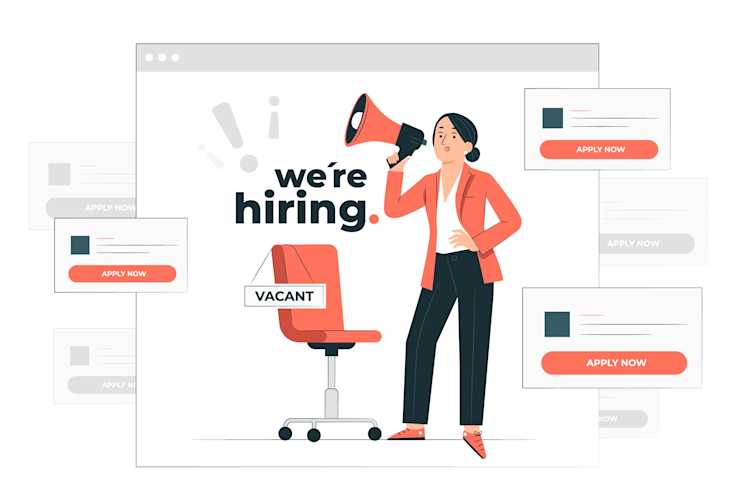If your startup needs to get more development work done, you have three options:
- Dev Shop
- Freelancer
- Hire
As with everything in life, there isn’t a one size fits all solution. Do you need someone to work on a pilot project that isn’t part of your current core offering? Then you should find a freelancer or dev shop. Are you looking for someone long-term, but need to offer equity as part of comp because budget is tight? Hire. What about if you need several engineers and don’t have the time to search for, interview, and manage each one? Start looking into dev shops.
The decision of whether to hire internally, use a freelancer, or pay a dev shop depends on the your startup’s stage, team’s capabilities, specific needs, and at least a dozen more variables. Let’s go through a high-level overview of the benefits, risks, and trade-offs of each option.
Dev Shops
Advantages
- One stop shop for development needs. As long as the dev shop works within the stack, they should be able to offer a much faster turnaround time for adding devs than the other options.
- Scaling up and down should be easy. You can increase the workload or end the engagement at any time.
- They can backfill. If a freelancer goes AWOL or an employee doesn’t pan out, you’ve got a potential massive headache on your hands. With a dev shop, there should be safeguards and back-up plans in place.
- You’re more likely to have a long-term development partner with a dev shop than with a freelancer, while not needing to handle HR, payroll, and training as you would with an employee.
- You have a throat to choke if things don’t go well. You can escale issues and hold the dev shop leadership accountable.
Risks
- Generally more expensive than a freelancer since the dev shop has overhead expenses.
- As is the case with freelancers, low-quality dev shops are a dime a dozen, even more so if you look into onshore, nearshore, and offshore providers.
- Offshore dev shops in particular have a reputation for doing a bait and switch with developers. While you might think that you’re working with a senior dev, junior devs could be copying code from Stack Overflow and ChatGPT.
- Some dev shops will cut off direct communication with their developers. This is especially the case if the devs are not who you think they are (see previous point). Instead, you will have a point person called a delivery manager or project manager.
- Dishonest dev shops are incentivized to drag out the work if billing hourly or rush to delivery with disregard for quality if billing per deliverable.
Freelancers
Advantages
- No long-term commitment. You can move on at any time if the person isn’t getting the work done, you want to pivot from the plan, or you find someone you want to hire.
- There are so many that you are bound to find a freelancer within your budget.
- Since there are so many in the market, you can likely find someone to start immediately.
- There are online marketplaces such as Fiverr and Upwork that make the search easier.
- You have direct access to the developer. No middleman in the form of a project manager or delivery manager. It makes communication more efficient and helps avoid things getting lost in a game of telephone.
Risks
- You need to have everything spelled out for specs and build requirements which is a huge lift. The freelancer is generally just for implementation.
- If you’re engaging a freelancer via a marketplace (ex: Fiverr or Upwork), the platform might have a buyer protection system in place, but regardless it’s still going to be hard to make the freelancer accountable to your standards.
- It is overwhelming to search for someone and quality control is a huge issue. Most marketplace platforms will limit your pre-work communication with the freelancer, so you only reviews and a sample portfolio to go by.
- If you need to hire additonal freelancers, you will have to start your search process all over again.
- A lot of freelancers on platforms like Fiverr and Upwork are offshore, so while rates will be significantly cheaper, you will have to deal with cultural and communication challenges.
Hiring
Advantages
- Making the right hire can drive unique impact on the startup.
- More likely to find someone who buys into your vision and is more mission-aligned.
- Possibility to spend less by bringing people on board with equity offer.
- Keep knowledge in-house as developers learn on the job.
- Hiring shapes the culture and team dynamic.
Risks
- Conducting the search, interviewing, and vetting are time-intensive. Finding someone will massively reduce your time to get other things done.
- Time to market is critical for startups and hiring well can take a long time.
- Making the wrong hire can do a lot of damage to the productivity and culture of your startup.
- If you make the wrong hire, the burden is on you to move on quickly and start the search again. Hiring slow and firing fast can be the difference between survival and failure.
- Getting good developers to accept equity instead of higher salary is very hard.
I haven’t covered all the nuances and factors in making the decision of dev shop vs freelancer vs hiring. Even as I write this sentence, I can think of scenarios that I didn’t mention. It’s also worth mentioning that the options of dev shops, freelancers, and direct hiring are not mutually exclusive. Your startup could benefit from mixing and matching. You might also be able to convert an engineer from a dev shop or a freelancer to an internal hire. At HolaDev we have open communication with our developers and clients about this possibility all the time.

